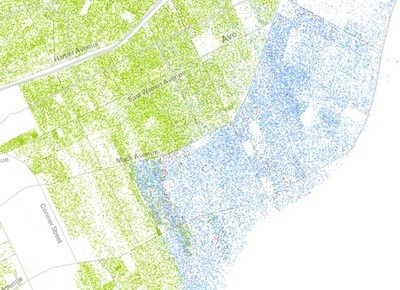
Municipal Debt: Illuminating Old Puzzles, Forcing New Questions
Municipal financing schemes have often distributed the benefits of spending along race and class lines, yet federal programs have a similarly mixed track record. How, then, can we safeguard public investment to secure just outcomes? The answer may reside in the details of agency and program design.






